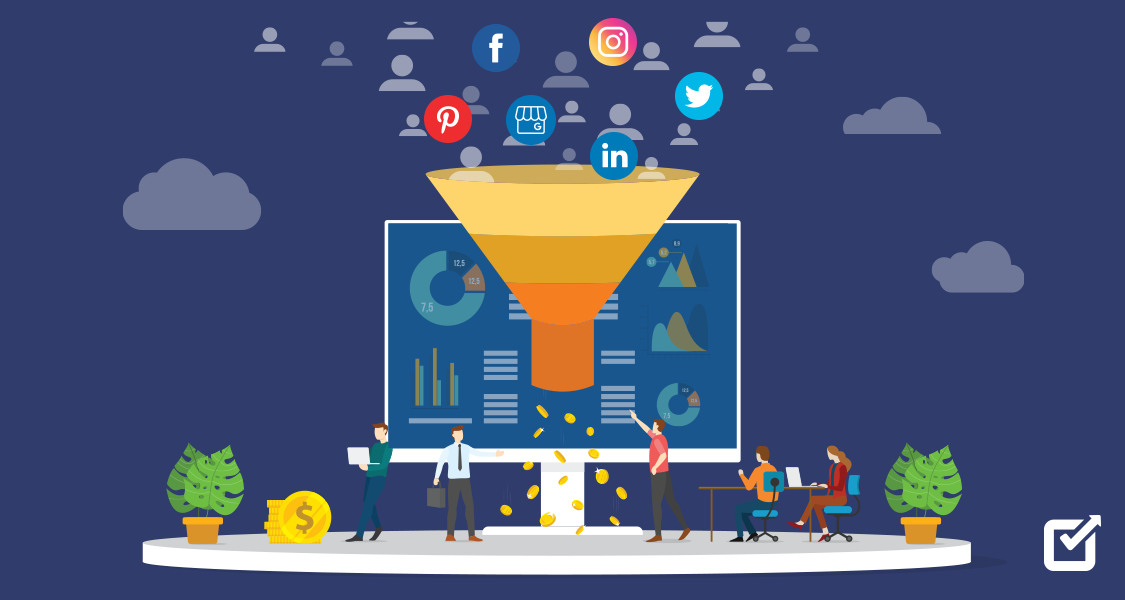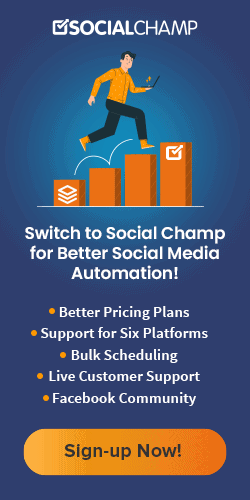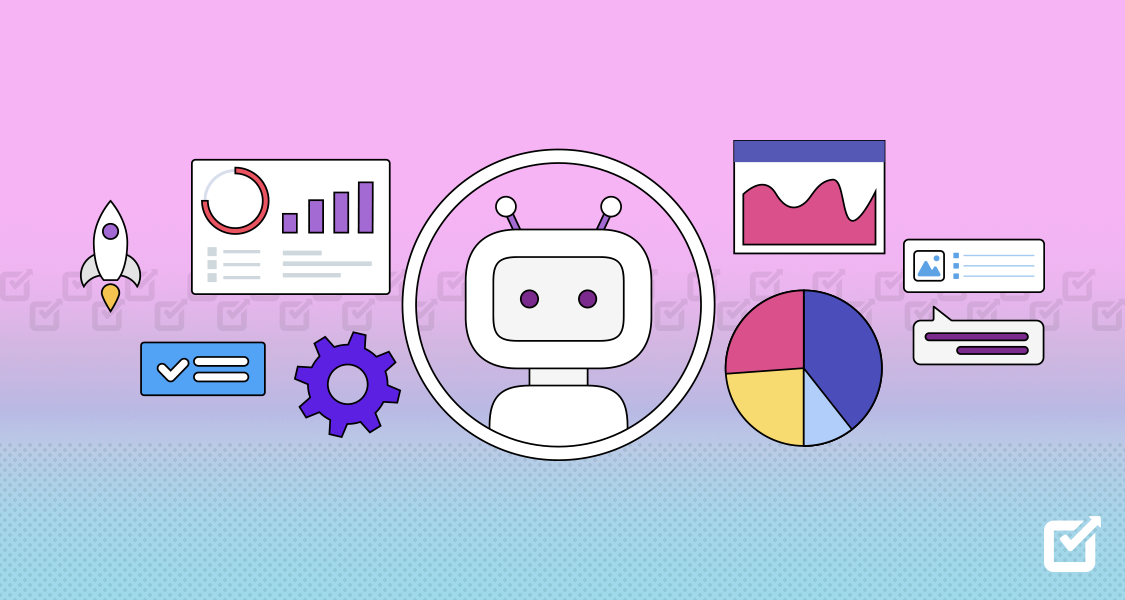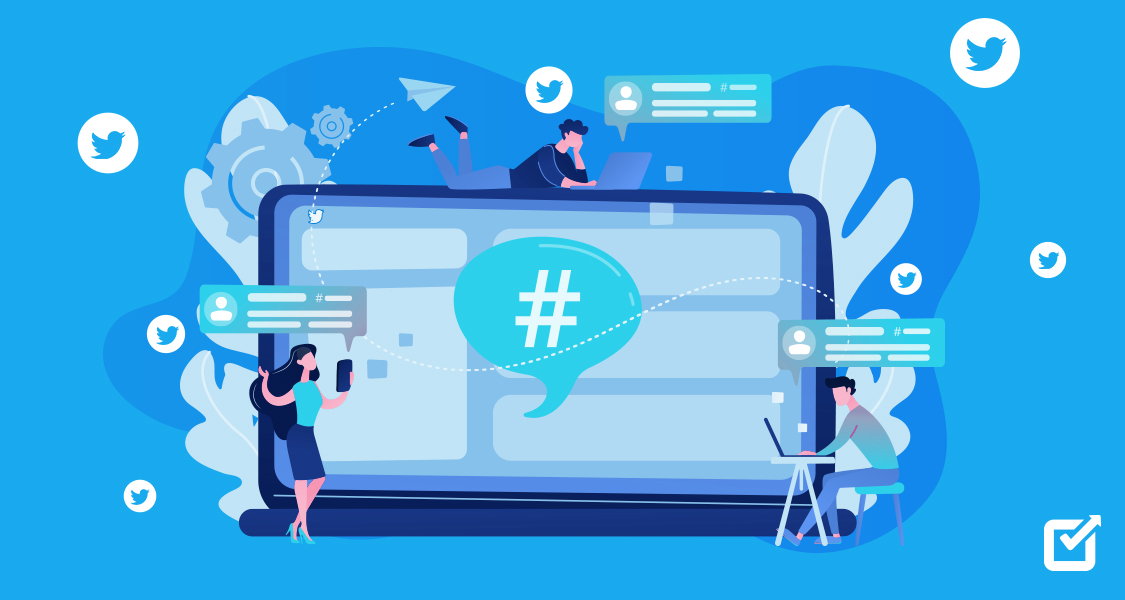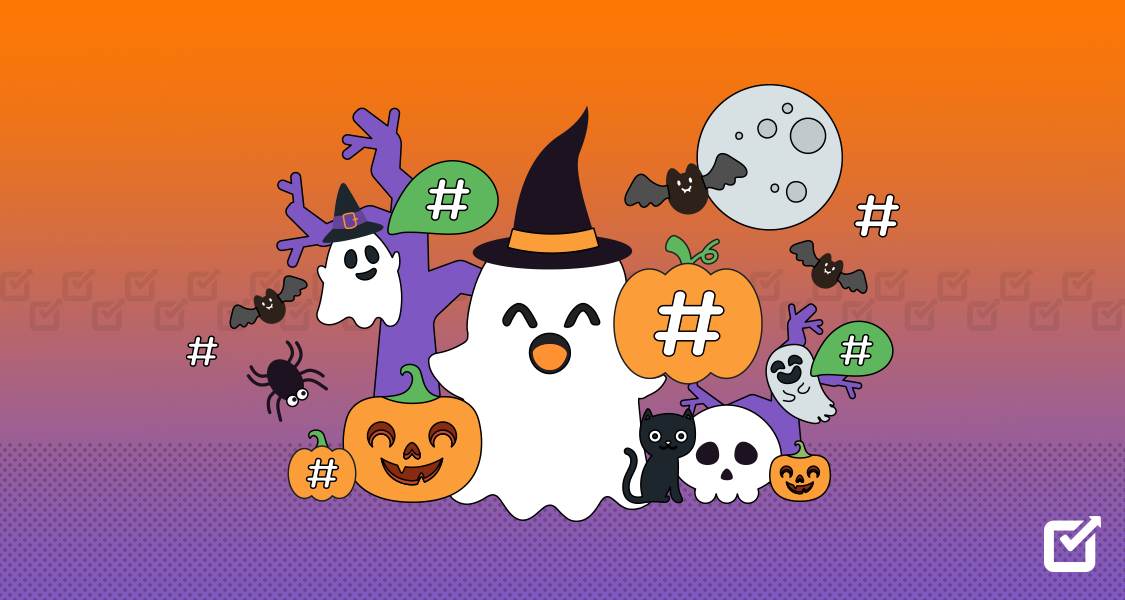As a business owner or digital marketer, you may choose various marketing strategies to promote your business. When you evaluate the options, a social media marketing strategy appears to be one of the most inexpensive ways to create a reputable brand image. Social media channels can help you increase sales and revenue at a low investment. In this article, we will discover why you should use social media for marketing your business and how you can create a social media marketing funnel that converts.
Why Should You Use Social Media for Your Business?
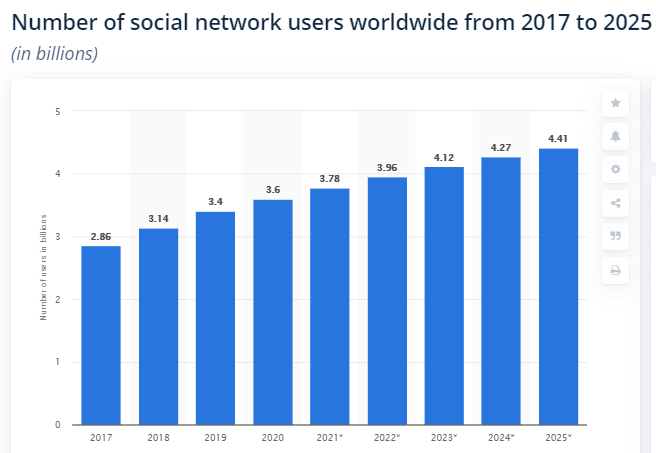
Source: Statista
In 2021, there are about 3.78 billion users on different social media platforms, and they predicted this number to grow to 4.41 billion by 2025. These numbers show that there are already a lot of leads on social media channels.
Almost all social media platforms are free to use unless you choose to run paid ads or collaborate with influencers. As a result, you can run effective campaigns with little investment.
Social media is a fantastic channel that helps you with:
- Increasing brand visibility
- Building brand identity
- Scaling website traffic
- Facilitating your interactions with customers
- Free and effective lead generation
What is a Social Media Marketing Funnel?
A marketing funnel is a path that facilitates the conversion of the generated leads into customers. In practical terms, the funnel charts the path to conversion from the moment someone gets to know your brand to when they make a purchase. At each stage of the funnel, you have the option of using several tactics to influence the behavior of the user in order to steer them in the right direction.
A social media marketing funnel begins when potential leads realize your brand and continues until they convert into customers. The social media marketing funnel culminates in a user becoming a true brand ambassador so that they are likely to generate further leads through word-of-mouth marketing, where they recommend your products or services to their friends and family.
The actual stages of a social media marketing funnel may differ from business to business and from expert to expert. Regardless of how you construct the funnel, the customer journey follows a basic pattern that leads to a sale, happy customers, and long-term brand advocacy.
Now let’s try to understand the major stages of a social media marketing funnel stages and how you can incorporate the right form of content into each stage.
Streamline Your Social Marketing Funnel With Social Champ
Make every stage of your marketing funnel more efficient with Social Champ. Plan your posts, schedule, & analyze the performance of your posts to find what part of your funnel is working & which stage needs more attention.
What Are the Stages of Social Media Marketing Funnel?
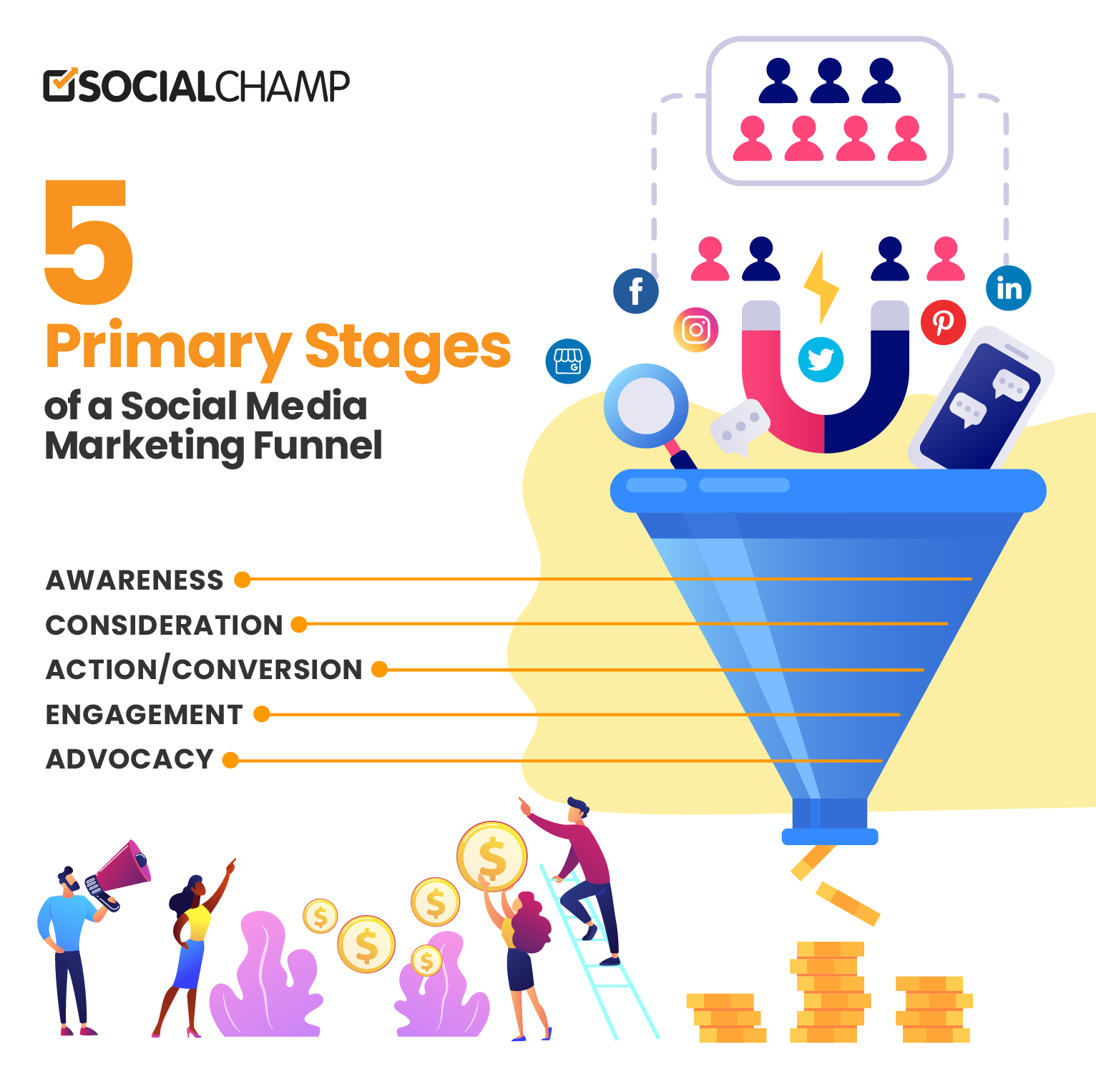
When discussing the stages of the funnel, it is important to keep in mind that the stages are interconnected, with the user moving smoothly from one stage to the next until the end of the funnel.
The idea is to gradually introduce your services and products as a solution to the pain points that brought the users to the top of the funnel.
In theory, a well-designed social media marketing funnel has five stages:
- Awareness: At this point, potential leads become aware of the brand.
- Consideration: in this stage, the lead should see your brand as a good fit for their business. Your brand should stand out from other similar businesses in the market so that the leads remember you.
- Action/Conversion: The leads are encouraged to take action in the context of your products or services. Generally, this is where the sale happens.
- Engagement: Even after the sale, it is important to keep the new customers engaged with your brand even after they have made the purchase.
- Advocacy: At this point, the satisfied customers start recommending your products and services to their social media contacts.
We’ll go over these five stages of the social media marketing funnel in detail now.
Featured Article: Awesome Instagram Tools for Rapid Growth in 2025
Awareness
Awareness is the first stage of a social media marketing funnel. During this stage, potential leads hear about your brand. They get interested in knowing more about the use cases and benefits.
An excellent way to attract people’s attention to your content is to create content that discusses the problems and challenges that your potential leads face in their personal life or professional career. This attracts the leads’ attention because they are looking for a solution.
Now that you have their attention and they have entered the top of the funnel, you should offer solutions and valuable information. This leads them further down to the next stage of the funnel as they become more interested in your content and positioning as a solution provider.
Social media is a great medium for distributing content to a wide audience. All social media platforms come with features that enable you to create valuable and engaging content. Answering the questions of your leads induces them to visit your website.
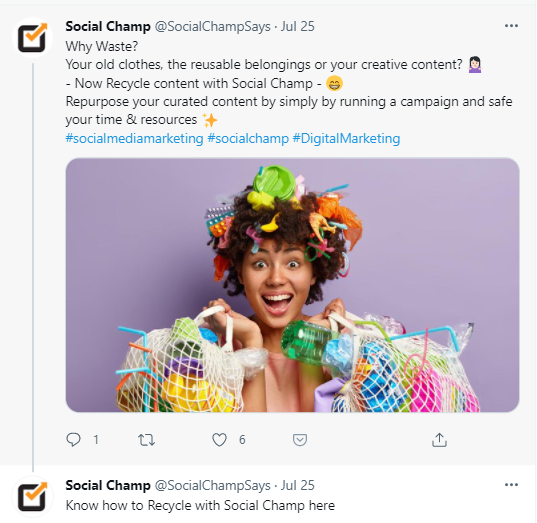
Remember that excellent research into the challenges that stumble your target audience pays good dividends as increased attention and more traffic. If you find it hard to find time to post on social media platforms, consider using a social media scheduling tool that takes over the hassles of scheduling and profile maintenance.
Use Ads For Increased Reach
Almost every social media platform offers a paid advertisement that your target audience can see. For instance, Instagram and Facebook give you the option of choosing your budget (starting from $1). You can refine the targeting by tweaking the audience demographics such as age, sex, location, interests, occupations, etc.
Collaborate with Influencers
Every social media platform has its influencers. You can work with micro or macro influencers to create content that discusses the issues faced by your target audience. This brings your brand to the attention of a huge section of the audience without sounding too “salesy”.
Consideration
As your generated leads go down the social media marketing funnel, they hunt for more detailed information while contemplating the purchase of your products or services.
They want to be 100% sure that buying your product or service would really enhance their life, boost their business, or resolve their pain points. One thing that people consider at this stage is what makes your product or services different from other similar brands in the market. They should find a reason that convinces them about your competitive advantage.
In the Consideration stage, provide more specific information to guide potential leads towards the Action stage. Case studies, product reviews, or customer testimonials are some formats that work great at this stage.
Charlotte Tilbury uses their Instagram account to share makeup tutorials that use in-house cosmetics and beauty products. As a result, the target audience gets value while seeing the brand’s products in action. For potential leads, the demonstration greatly simplifies the decision to opt for the in-house products because they can see the impact first-hand.
Look at some of the @ctilburymakeup posts on Instagram:

Featured Article: Maximize Your YouTube Success with These 19 Essential Tips in 2025
Action/Conversion
In the Action or Conversion stage, the leads are ready to take action. This action is undoubtedly making the purchase. If you have had a virtuoso performance in the first two stages, the third stage will be successful.
The good thing about social media platforms is that they all include an analytics section so that you can check your performance. Using this feature, you can understand if your audience found your content interesting. You can also check how many people have clicked to visit your website landing page.
Your audience has progressed this far through the funnel, and that sales will begin to flow at this point. Keep potential customer contacts through your social media content until they are ready to buy. It’s also OK to encourage your clients to make a purchase by providing incentives such as a new customer discount or free shipping.
Look at how @lovelighthealing1 uses discount codes to encourage its followers to take action and convert:
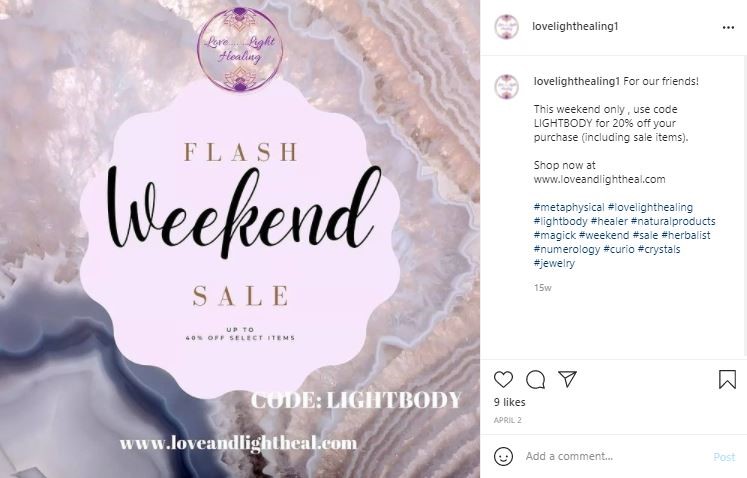
Engagement
You should be careful not to lose sight of your target market once you’ve closed the deal. This is where many brands fail and suffer the consequences. They forget that retaining the customers requires almost the same level of effort as getting them.
It could happen that once a customer makes a purchase, they become lifelong customers. But that is seldom the case. In other words, it is not that easy to keep your customer retention rate high if you do not nurture them on your social media platforms. Because, if you don’t, chances are that may forget about you and never buy from you again. To stay on top of the minds of the customers, you must continue to maintain the relationship.
It is essential to maintain contact with your customers and make them feel like members of your brand community. For this, focus on creating social media content that encourages people to buy again.
One good way of doing this is through Instagram hashtag campaigns. Instagram hashtag campaigns help you get a lot of User-Generated Content (UGC) from your followers, who can use a unique hashtag to become part of the campaign. They may share a photo while wearing your clothes, eating food in your restaurant, reading your ebook, cooking your recipe, etc.
Once they share the post, it also becomes visible to their network as well, with a further increase in the post’s range.
If you do not have a large follower base, you can increase your followers organically with Instagram followers apps.
Lay’s has created a hashtag for its brand (#dousaflavor), and its customers use it when they want to post relevant content. Look at this Instagram hashtag campaign:
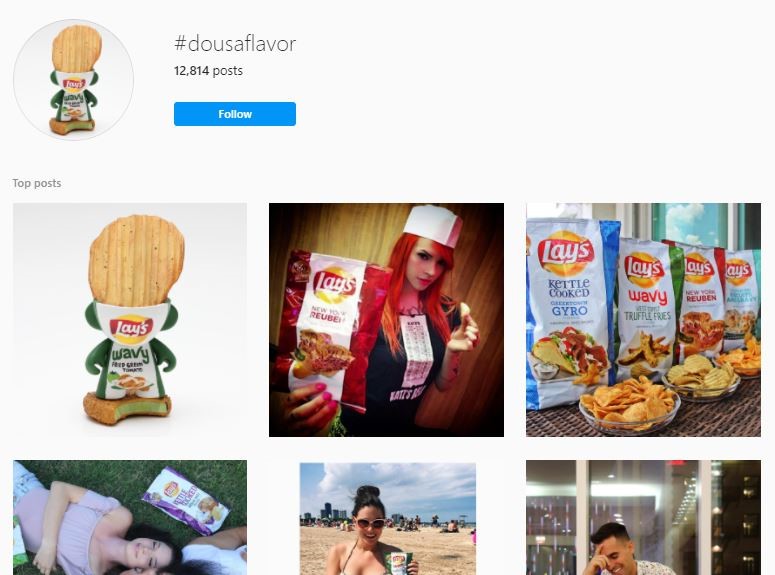
The advantage of running a hashtag campaign is that your followers can feel like they’re part of a community and thus try to enhance this image by buying more from the business and sharing brand-focused content on social media networks. You can even run hashtag campaigns on your Twitter account as well. Chances are that you might spark a Twitter debate.
Advocacy
The last stage of a social media marketing funnel is brand advocacy.
You have now made the sale and added value for the customers. Now is the time to turn your customers into brand ambassadors.
If you have made your customers happy, they are most likely to recommend you to their family, friends, relatives, colleagues, etc. You can also collect customer testimonials and reviews that highlight the benefits or USP of your product and services and use them in ad campaigns.
Customers can become your most potent assets in spreading the word about your brand. You should, of course, encourage this by providing incentives to customers who recommend your products.
Customers will convert from fans to brand ambassadors if you continue cultivating the relationship by providing helpful content and delivering a consistent user experience. Also, make it simple for customers to share their experiences and become your brand advocates. Customers should be able to easily express their gratitude by posting reviews or testimonials on your website or Facebook Business Page. In addition, work with existing customers or power users to develop content throughout the advocacy phase.
How Social Champ Uses Social Media Marketing Funnels
Let’s quickly see how we at Social Champ employ social media marketing funnels to convert potential leads into repeat customers.
To hop on to the first stage of the funnel, Awareness, we start by asking the following questions that help us identify the right target audience.
- What sort of people uses our product?
- Where are they mostly found?
- What do they do?
- Why do they use our product?
- What are the pain points that our product could resolve?
Social Champ is a social media management tool, and our target audience is mostly people who use social media for their businesses.
So, we start our funnel with brand awareness campaigns targeted toward such people.
At the top of the funnel, all our official social media profiles, different Facebook groups & other communities are part of this stage. To increase brand awareness, we share our latest blog posts, visual content, answer general queries and take part in discussions. We measure campaign effectiveness in terms of the reach of our posts, followers, & views.
We use Social Champ to schedule all our posts on different social channels, & then the Analytics feature to track the metrics. Here’s how our social media marketing funnel looks like:
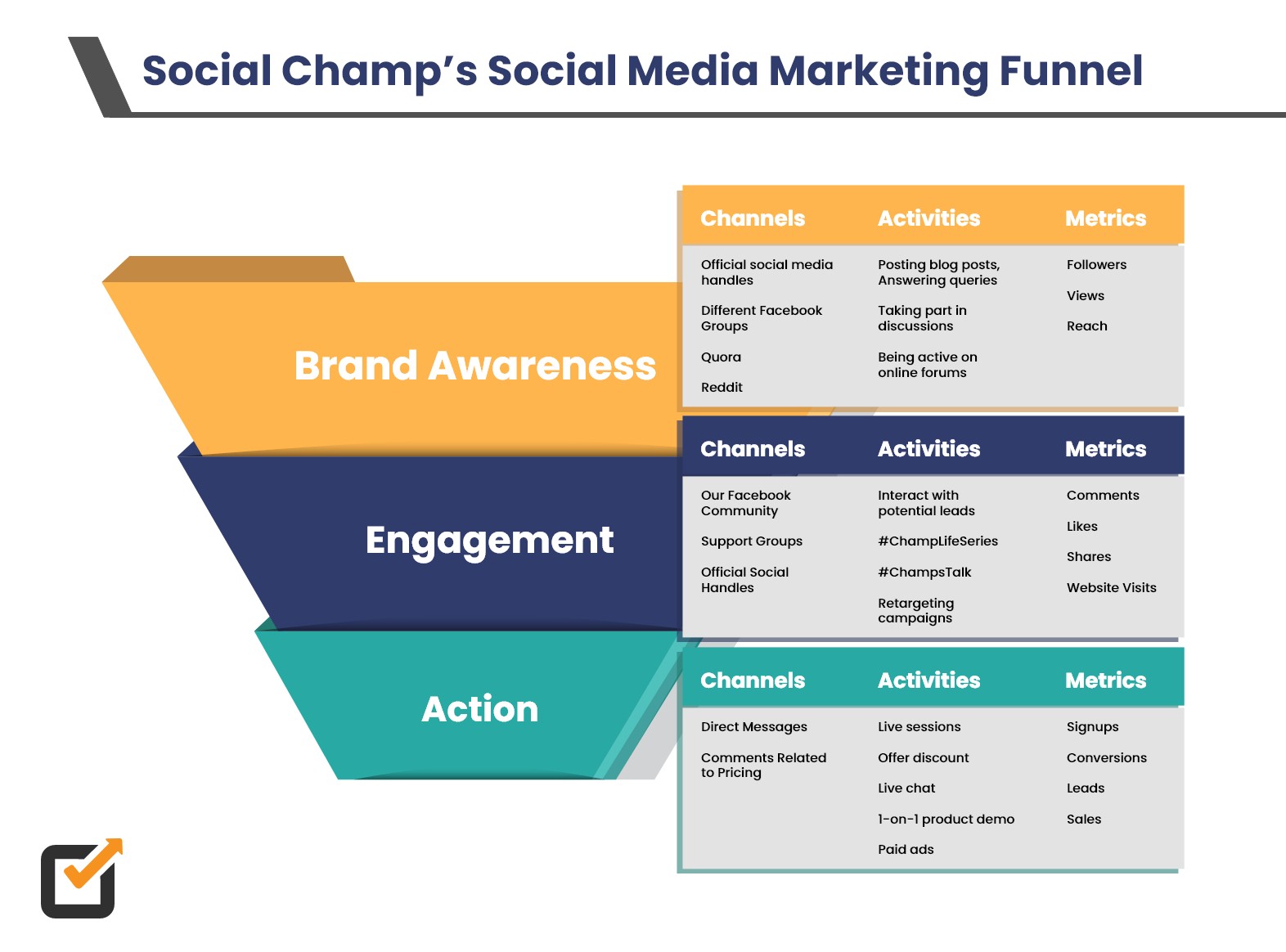
At every stage of our social media marketing funnel, we consider three things: Channels, Actions & Metrics.
Depending on your business niche, size, and type, your sales funnel can be different. You can add different social channels where you think you can reach more audiences. A great one to add is TikTok. Many brands & companies are using IGTV, TikTok & Snapchat videos to promote their content to the younger audience.
For brands that are already in the market for long enough that people recognize them, the funnel can start from the Consideration stage because there is little need for increasing the brand awareness.
Conclusion
You may design your social media marketing funnel to accommodate the requirements of your industry and target audience. However, it will still include the basic notions of Awareness, Consideration, Action/Conversion, Engagement, and Advocacy. Using a social media marketing funnel, you can get more visibility for your brand, build trust with your future customers, and increase your sales and revenue.
Including the steps for your customer journey will aid in the brand’s continued growth. You’re creating a loyal fan base rather than a customer list. So, start creating your social media marketing funnel and convert as many leads as possible. Wish you the best of luck!
